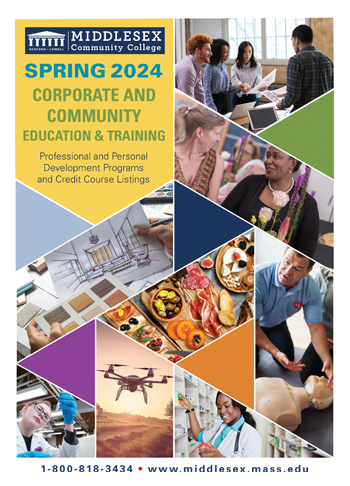Wellness Resource Center
at MCC
When to Refer a Student for Mental Health Services
General Guidelines
A referral is usually indicated when:
- A student's problem or request exceeds your level of personal comfort or expertise.
- A student is becoming over-reliant or dependent on you.
- You think your personal feelings about the student will interfere with your objectivity.
- A student is reluctant to discuss a problem with you.
- You lack sufficient time to listen effectively to the student.
- When you feel your attempts to help have not been effective or are not enough.
Faculty/staff should use discretion and maintain student's privacy in all interactions; however, we strongly recommend that you not promise "confidentiality" to your students.
Specific Considerations for Making a Successful Referral
There are many possible indicators that a student could benefit from a referral to the Wellness Counselor. The following is a partial list of signs that might alert a faculty/staff member to make a referral. It is often more useful to look for clusters of signs appearing at the same time rather than over-interpreting single/isolated incidents. In addition, it is important to recognize that mental health services are not limited to those students in crisis or with severe disturbances.
Stated Need for Help
- The need may be stated directly or indirectly (e.g., through a writing assignment)
Traumatic Changes in Personal Relationships
Substance Abuse/Addictive Behavior
Unusual Appearance
- Swollen or red eyes
- A change in personal hygiene or dress
- Dramatic weight loss or gain
Behavioral Concerns
- Sudden and dramatic decline in academic performance
- Requests for special consideration, especially if the student is uncomfortable talking about the circumstances prompting the request
- Unusual or exaggerated emotional response to events
- Depressed or lethargic mood
- Incapacitating and irrational anxiety/test anxiety
- Social isolation, withdrawal from usual social interaction
- Disruptive behavior
- Irrational worrying or expressions of fear
References to Suicide and Other Urgent Concerns
Regardless of circumstances or context, any reference to suicide, threat of suicide
or attempt at suicide must be taken seriously. In addition, the Student Suicide Prevention Protocol mandates that if a student discloses that they have been recently or currently hospitalized
for suicidality, the faculty/staff member must notify the Dean of Students.
Contact us for consultation if you have any questions about how to handle general
references to suicide made in a writing assignment or journal, or in any other context.
If a student refers to the how, when, or where of ending their lives by suicide, then
immediate intervention is necessary. If the danger is not imminent, contact Public
Safety, who then will contact a SAIT (Student Assessment and Intervention Team) member
who will address the situation. If the danger is imminent, dial 911, then contact
Public Safety. If the student is in immediate danger and leaves the premises, contact
MCC Public Safety at: Bedford (781) 589-0234 or Lowell (781) 589-1384. If you are
not immediately successful connecting with Public Safety, call 911. If your interaction
with the student is taking place remotely, ask the student where they are located
and determine if anyone else is present with them. Either have the student call 911
or do it youreself with the information obtained. Then call MCC Public Safety.
Other urgent concerns may involve disturbances in thoughts, feelings, or actions so severe that an immediate response (see above procedures) is needed. They may include: confusion, disorientation, hallucinations, or delusions and/or a threat of violence or imminent harm to others.
